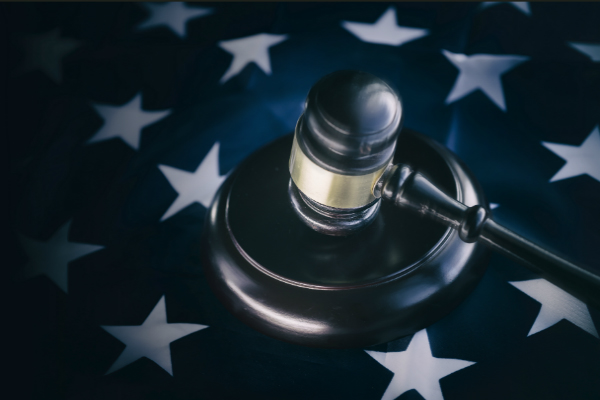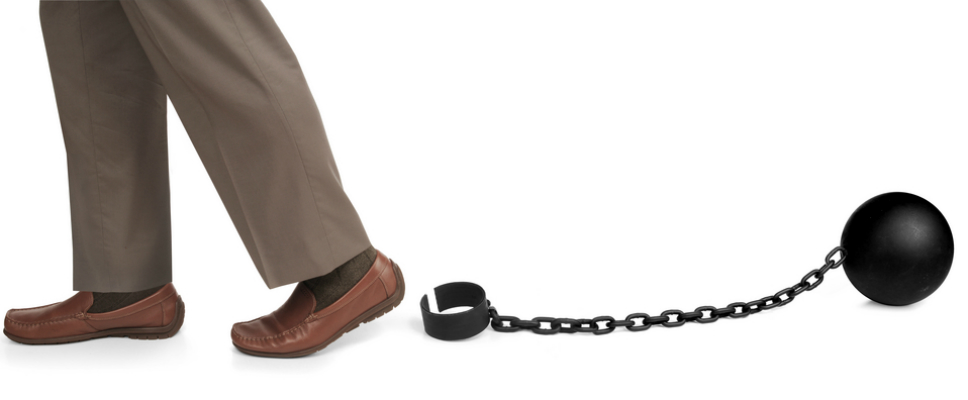Your Criminal Lawyer in Fayetteville, North Carolina
In North Carolina, crimes are categorized into felonies, misdemeanors, and infractions. Crime classifications are made by the state legislature based on the seriousness of the crime and its impact on victims and society.
Infractions
People charged with infractions do not have a right to a jury trial but they should hire an attorney. The government does not appoint an attorney for people charged with infractions. Traffic offenses are the most common form of this type of violation.
Example: Marcus receives a speeding ticket and goes to court (loses time from work, $$$, or family). The judge determines that Marcus was speeding and Marcus’ punishment is a fine $$$, court fees $$$, insurance points $$$, and point(s) against his driving record.
Hiring us not only saves you time but could save you a lot of money and hardship.


Misdemeanors
Misdemeanors are offenses punishable by up to two years in jail. Misdemeanor offenses can also include a payment of a fine, court fees, pretrial jail fees, post-trial jail fees, probation, probation fees, community service, and restitution. Defendants charged with misdemeanors are tried in district court.
Call us at (910) 483-1176 to help you get the best possible outcome if you have been accused of a crime.
Felonies
Felonies are offenses punishable by more than two years in prison. Misdemeanors can be elevated to felonies for repeat offenders. Punishment for felonies can range from imprisonment for more than two years to life in prison without parole, and felonies like murder may even be punished by imposition of the death penalty.
When dealing with a felony, it is in your best interest to have an attorney.


Bond Reductions
All people charged with misdemeanor offenses or higher can have secured bonds set on their cases. A bond reduction motion is needed to reduce the bond or to set an unsecured bond so that person may be released from jail pending trial. This can allow them to continue their job or be at home with their loved ones while their matter goes through the legal justice system.
